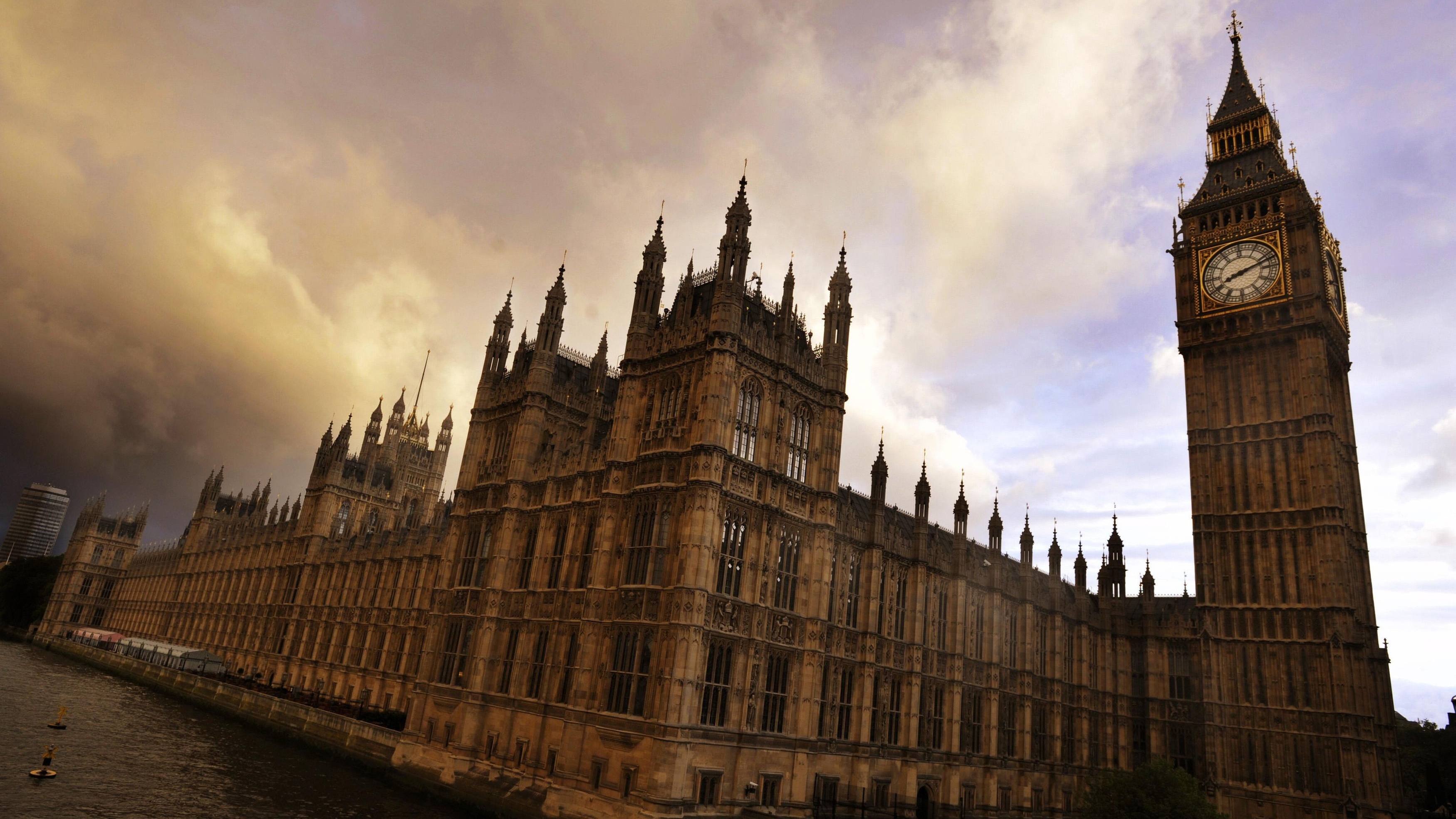
NO matter what the result is of the General Election, for some MPs it will be the end of the line as they lose their jobs in a very public manner.
We spoke to three former MPs who lost their seats – as well as Dame Jane Roberts, a former council leader, consultant psychiatrist and author of Losing Political Office – to see what the experience is like.
How does it feel to lose the vote?
“However much you prepare for defeat, being sacked in public is humiliating and your neighbours, friends and children are all watching,” said Eric Moonman, who lost his seat as MP for Billericay in 1970 and Basildon in 1979.
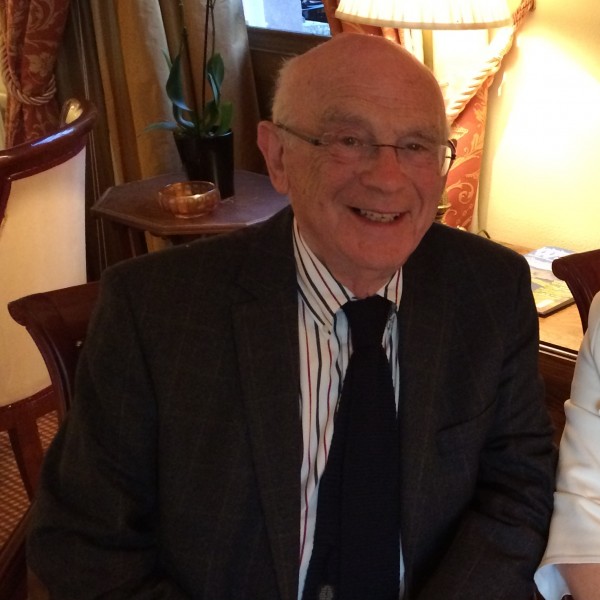
Many MPs will have an inkling that their seat is at risk, but for some the result will come completely out of leftfield, as happened to Richard Tracey, who lost his seat in 1997 by just 56 votes after 15 years as an Conservative MP.
“It was an enormous shock, especially in a seat rated as safe,” said Tracey. “When it looked bad on the first count, I felt absolutely drained. The shock goes on once its happened, just churning around in your head.”
Election campaigns take a lot of hard work and counts are often read out in the early hours, which makes staying composed difficult.
“They haven’t slept or eaten properly for weeks yet they’ve got to maintain a gracious face because they know the cameras are just waiting for a tear or look of devastation,” said Roberts.
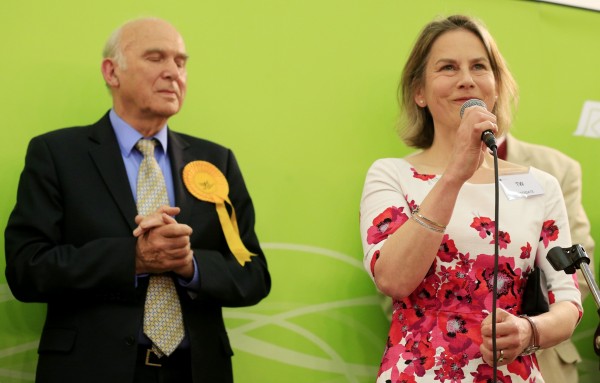
How is it different to losing another job?
“It’s totally all-encompassing,” said Gordon Banks, who lost his seat as Labour MP for Ochil and South Perthshire in 2015 after 10 years in office. “I regularly worked 85 hours a week, and it’s not all about making speeches.
“You can wait eight hours in the House of Commons to make a speech and never be called, all the while you might have 250 emails coming in and so much work to do in your constituency.”

“It involves the most enormous intertwining of the political and personal,” said Roberts. “Members of their family will often have been involved in their role and for most MPs it like losing part of their identity.”
When must they leave Parliament?
House of Commons rules state departing MPs have until midnight, five working days after polling day to collect their things from their office in Westminster and return their security pass.
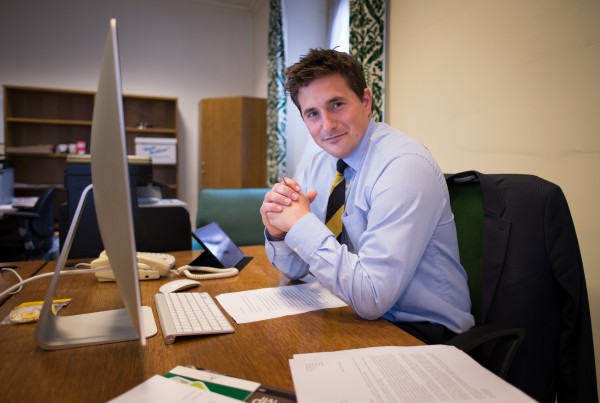
Case files MPs have been working on for their constituents must also be dealt with in this time or be destroyed. They are advised to contact constituents to ask if they are comfortable with the new MP taking on live casework, instead of just passing it on.
“There isn’t time to contact all your constituents to say would you like them because you will have hundreds, so the constituents may be let down,” said Banks. “Loading 10 years’ work into black plastic bags isn’t pleasant.”
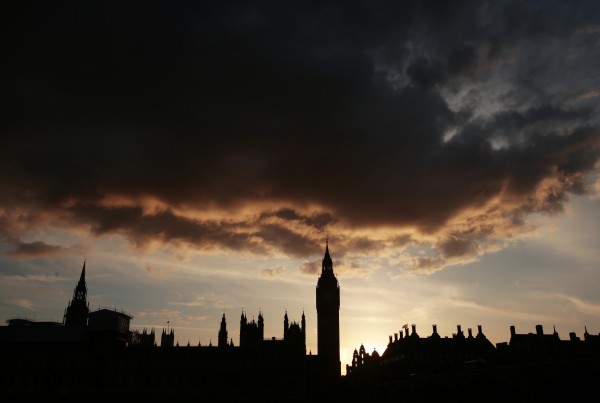
What happens to their staff?
MPs employ staff to help them implement their work, and they face redundancy.
“The effect on staff might be worse,” said Banks. “At least I can directly do something about trying to keep my job, but they could look at it as the failure of their boss to get re-elected losing them theirs.”
The Independent Parliamentary Standards Authority (IPSA) has dealt with MPs’ finances since the expenses scandal in 2009.
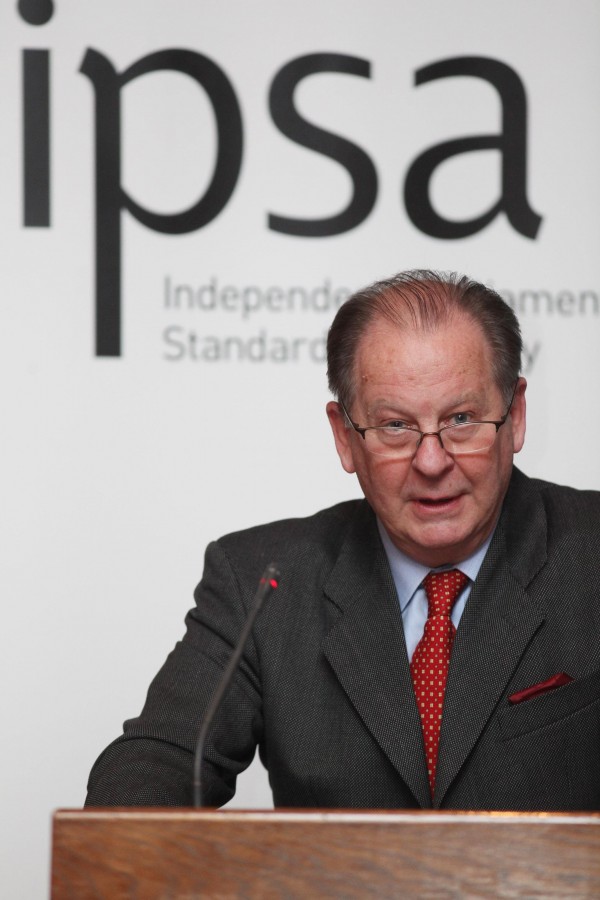
They currently offer to pay the costs of winding up MPs’ parliamentary business, including staff salaries, for up to two months after the Election – up to a value of £57,150 for London MPs and £53,950 for non-London MPs.
“I had about five members of staff,” said Banks. “Without an office, London staff go first then those in the constituency offices have a bit more time as they have to help with the winding up process.”
The effect on family and home
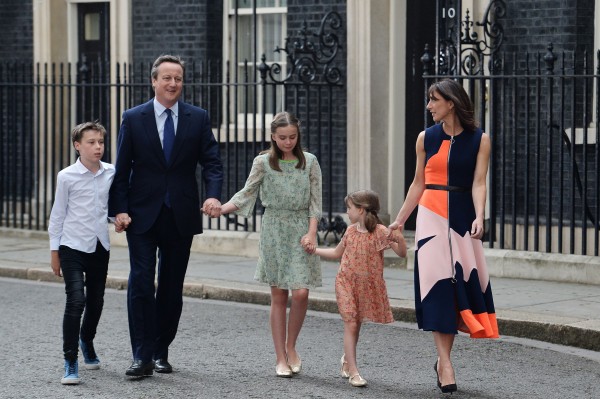
“The younger children find it very difficult,” said Moonman. “You’ve got to tell them we’ll be OK, we’ll do everything we can, and in a way that helps shake you out of your own worry.”
Not all families react the same, though.
“My family were actually happy,” said Banks. “They could see the stress and strain of the job and said they can get their dad back now.”
How do they find a new job?
IPSA guidelines state MPs are paid up to and including polling day and also receive a Loss of Office Payment equal to twice the statutory redundancy entitlement.
“You might have a winding-up allowance from IPSA but finding a job is imperative,” said Roberts. “Everybody thinks MPs swan out of the Commons and into highly paid private sector jobs, but actually in the UK there’s research evidence that is not the case.
“There are the George Osbornes of this world but he is highly unusual. If you’ve just been a backbencher you may struggle to find a job.”
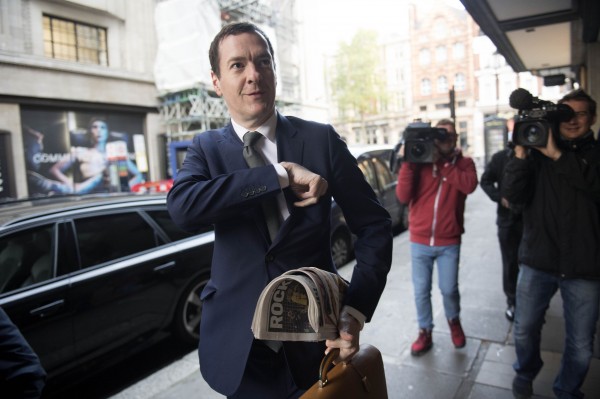
“It’s absolutely more difficult for an MP to find a job in the private sector,” said Moonman. “You’re dealt with great suspicion and no one wants to employ a guy who might be leaving to try for the same seat in five years.”
Moonman became chair at a local health authority after his second loss and Banks went back to the business he created before office. Tracey said he was fortunate to move into public relations, but had been a journalist with the BBC prior to becoming an MP.
“I could have in theory gone back, but I had been out for 15 years,” said Tracey. “It had all changed so much.”
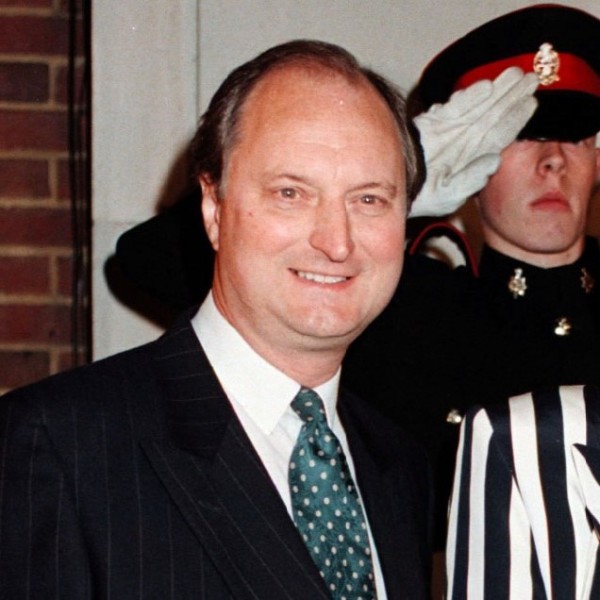
How is the 2017 election different?
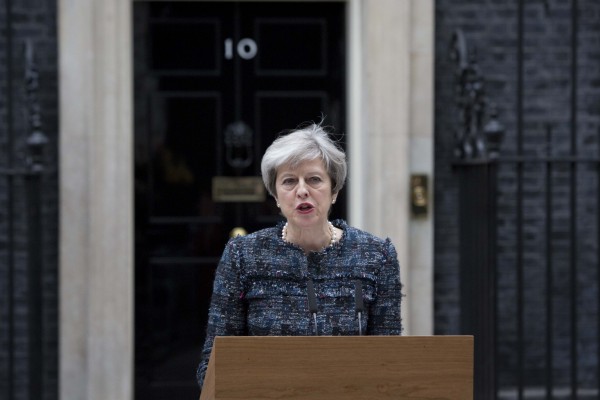
Roberts said the nature of a snap election meant MPs have had little chance to prepare.
“Those who were planning on standing down in 2020 may well not be prepared for standing down in 2017 and have very little time to rethink,” she said.
Banks said: “On June 8 there will be people who have been MPs since 2015 that will lose their seats and I think that will be more distressing for them than someone there for 10 years.
“It takes time to get into a routine and do your work, but they will only just be getting into their stride.”

Enjoy the convenience of having The Sunday Post delivered as a digital ePaper straight to your smartphone, tablet or computer.
Subscribe for only £5.49 a month and enjoy all the benefits of the printed paper as a digital replica.
Subscribe